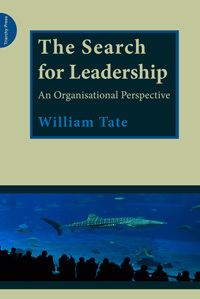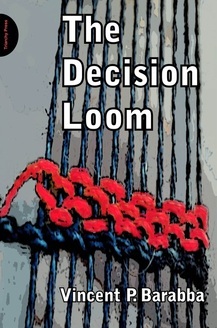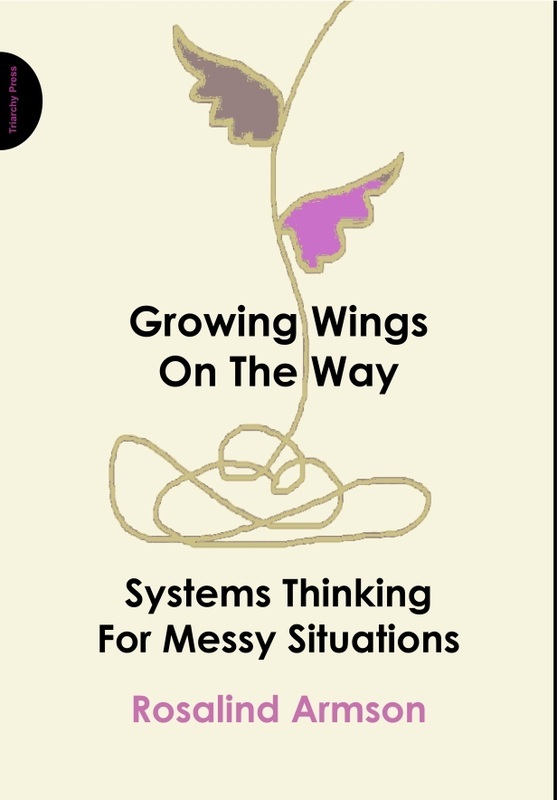Hegemony of Analysis
In some circles it's become the new mantra, in others it's still fresh: analysis sucks. The science goes something like this: Organisations Organisations are better at analysis than synthesis. Which is why, when addressing the big question of ‘leadership’ for example, organisations tend to isolate ‘core leadership skills’, look at individual leaders and consider how to improve their individual leadership skills. Likewise, when addressing the question of ‘decision-making’, they tend to isolate core decision-making skills and consider how key decision-making staff can use them in reaching key, high-profile decisions. In both cases, what gets overlooked is the bigger picture: the organisational framework and systems within which leaders lead and within which all decisions get decided. People Our habit, since the Enlightenment, has been to dismantle, dissect, probe, analyse. It has led to a host of startling and transformative discoveries and underpins most of what we know as science. One drawback has been the creation of an analytical mindset that tends to see things in distinction: as 'other'. There are whole schools of psychotherapy (Object Relations, for example) that revolve around this capacity and tendency. The problem is the focus that it creates: mind versus body, me versus the rest of the world, etc. Mind and body, of course, overlap, are inseparable. I am not distinct from everything else, I am part of it. World The last point leads on to our sense of alienation from the world around us, from our environment - which has helped, in part, to create the sense of the environment being there for us to use: a sense that has contributed profoundly to the ecological crisis that we find ourselves in. Most Triarchy publications have this as a kind of starting point. To read more about: |
Explore |




